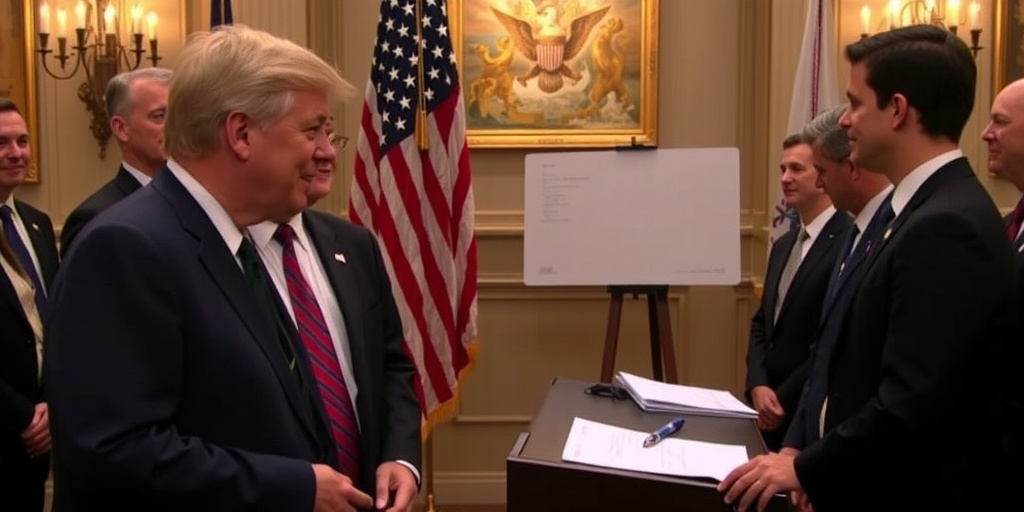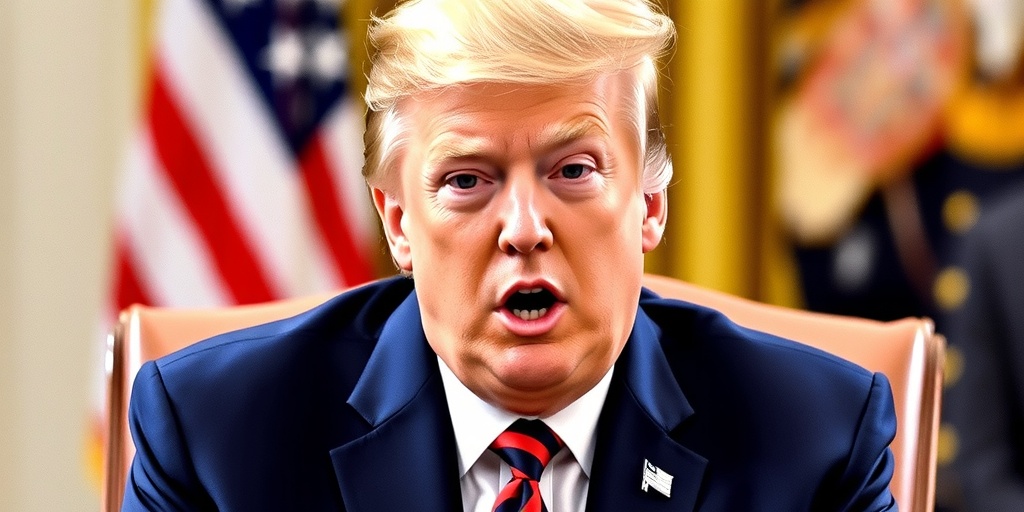Now Reading: Musk and the Right Embrace Leftist Critique of U.S. Power
-
01
Musk and the Right Embrace Leftist Critique of U.S. Power
Musk and the Right Embrace Leftist Critique of U.S. Power

In a recent episode of “The Joe Rogan Experience,” Joe Rogan engaged in a lengthy three-hour discussion with Mike Benz, a former speechwriter for President Trump, who delved into critiques of America’s influence over international affairs. This conversation touched on familiar left-wing critiques of U.S. foreign policy, including the controversial actions of the U.S. Agency for International Development (U.S.A.I.D.) during the 1970s heroin trade in Southeast Asia, the Central Intelligence Agency’s (CIA) infiltration of leftist movements in America, and the financial benefits that American oil companies have enjoyed from U.S. regime change efforts. However, what made this episode particularly intriguing was not just the subject matter but the perspective of Benz, who has garnered attention as a vocal advocate for dismantling established government agencies, positioning himself firmly within the right-wing faction amidst the Trump era.
Benz’s statements during the podcast highlighted an unusual appropriation of typically leftist narratives, using them to advocate for a radical cutback on governmental foreign aid and intervention. “The MAGA movement is fighting the ghost of Ronald Reagan,” he suggested, identifying a struggle against past frameworks of U.S. international involvement that were historically supported by both Democrats and Republicans alike.
This inversion of traditional political lines marks a shift in how right-wing thinkers engage with critiques that were once strictly viewed as liberal or leftist. Benz’s perspective seems to reflect a growing trend among Trump’s supporters, who have adopted and repurposed well-established critiques of U.S. imperialism and interventionism. Historically, leftist critics have condemned soft-power initiatives, covert operations, and military presences abroad as neo-imperialist efforts that undermine the autonomy and democratic processes of other nations and contribute to domestic erosion of civil liberties. However, Benz and others on the right now seem to leverage these critiques to bolster the case for further executive power, as well as an alliance with influential figures like Elon Musk.
Elon Musk, the billionaire CEO of Tesla and SpaceX, has openly echoed Benz’s critiques on social media, accusing U.S.A.I.D. of engaging in “money laundering” and labeling its democratic initiatives as a front for CIA operations. Both Musk and Trump-aligned thinkers now find themselves questioning the effectiveness and motivations of these historical programs, essentially flipping the narrative to paint them as tools for leftist agendas aimed at undermining right-wing politics.
The Center for Renewing America, a think tank associated with Trump’s administration, has further propagated this narrative, accusing the National Endowment for Democracy—an organization created to support global democratic practices—of serving neoconservative interests that perpetuate U.S. foreign engagement as a force for political revolution abroad. This has placed leftist critics of U.S. foreign policy in an unusual position of defending these institutions at a time when their own critiques are being wielded against them.
Interestingly, individuals such as Robert F. Kennedy Jr., currently serving as Health and Human Services secretary, have joined the chorus condemning American foreign policy as rooted in a malicious intent to undermine nations resisting U.S. hegemony, echoing a long-standing critique that aligns with sentiments traditionally borne out of leftist discourse.
This evolution of discourse reflects a transformation in the political landscape where former criticisms of imperialism are being assimilated and weaponized by right-wing advocates. Historians and political analysts have noted that this appropriation of rhetoric, previously exclusive to the left, is a remarkable shift that not only blurs ideological lines but ultimately seeks to reinforce a significant expansion of executive power and corporate influence in the political sphere.
As Benz prepares to speak at the upcoming Conservative Political Action Conference, he continues to gain traction among right-wing circles, drawing nearly a million followers on social media. His arguments often trace a lineage back to historical critiques of U.S.A.I.D. that have been made by scholars like Alfred McCoy, who studied the agency’s involvement in the drug trade in Southeast Asia. McCoy himself, while acknowledging the misappropriation of his research, contended that U.S.A.I.D. has evolved into a more effective agency in its humanitarian efforts in the post-Cold War context.
Critics of this new right-wing approach have pointed out that by adopting such leftist critiques, Trump loyalists risk portraying the U.S. as a nation that destabilizes democracies abroad while undermining its foundational institutions at home. By framing American political dynamics through the lens of conspiracy and ulterior motives, figures like Benz and Musk have succeeded in reshaping the political narrative surrounding foreign aid and intervention—a transformation that continues to resonate within the polarized fabric of American political life.
As the discussions surrounding foreign policy evolve, it becomes increasingly important for scholars and analysts to engage with this transformed rhetoric to understand the complexities of modern U.S. political discourse.
Stay Informed With the Latest & Most Important News
Previous Post
Next Post
-
 01New technology breakthrough has everyone talking right now
01New technology breakthrough has everyone talking right now -
 02Unbelievable life hack everyone needs to try today
02Unbelievable life hack everyone needs to try today -
 03Fascinating discovery found buried deep beneath the ocean
03Fascinating discovery found buried deep beneath the ocean -
 04Man invents genius device that solves everyday problems
04Man invents genius device that solves everyday problems -
 05Shocking discovery that changes what we know forever
05Shocking discovery that changes what we know forever -
 06Internet goes wild over celebrity’s unexpected fashion choice
06Internet goes wild over celebrity’s unexpected fashion choice -
 07Rare animal sighting stuns scientists and wildlife lovers
07Rare animal sighting stuns scientists and wildlife lovers





















